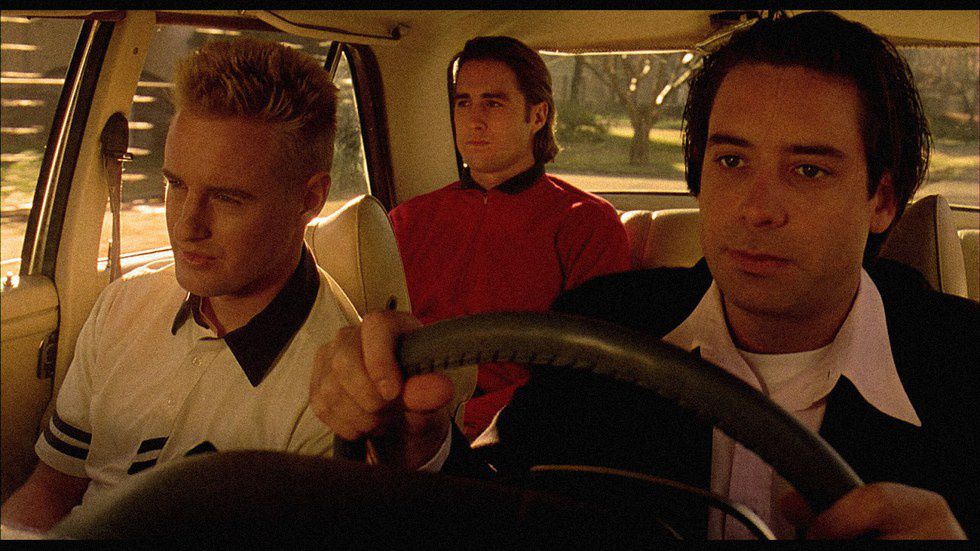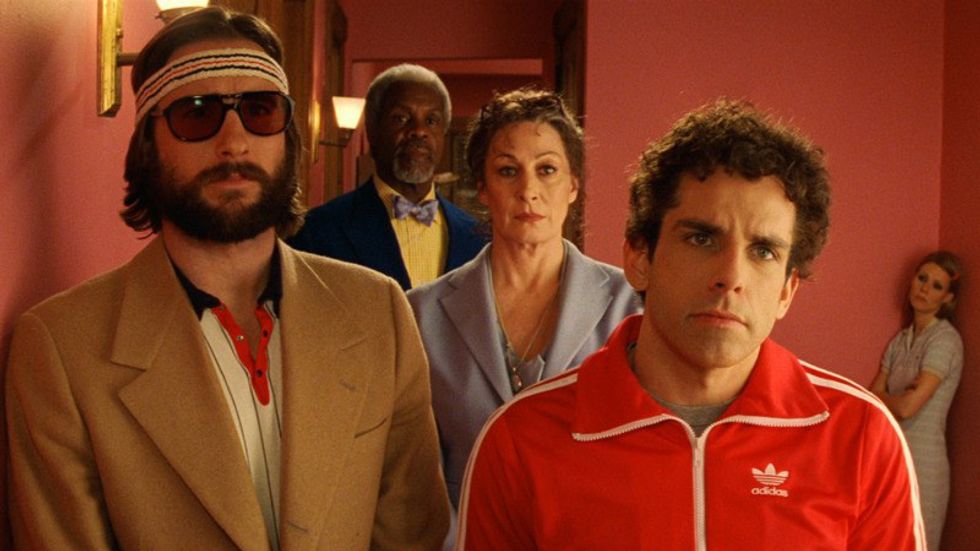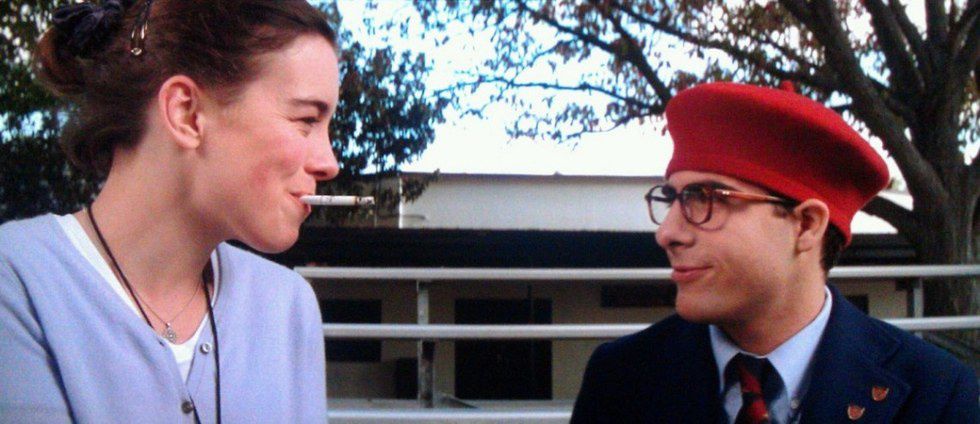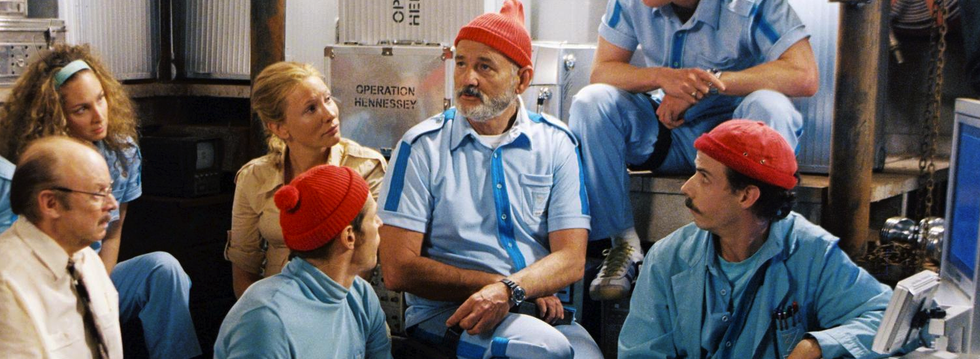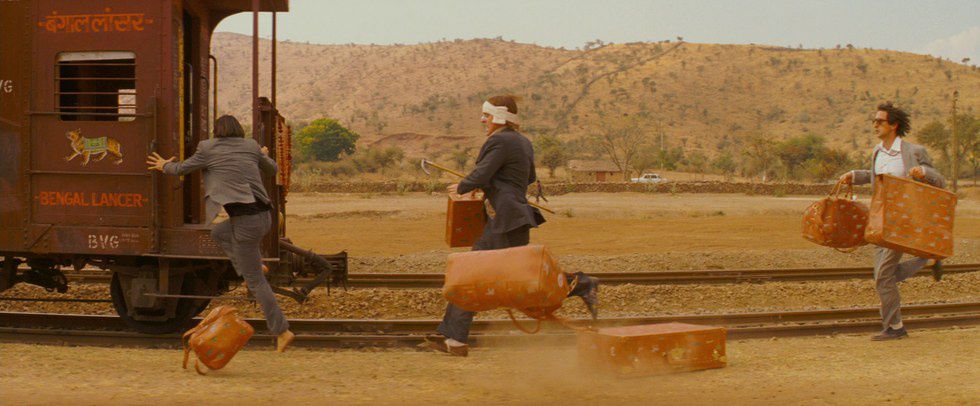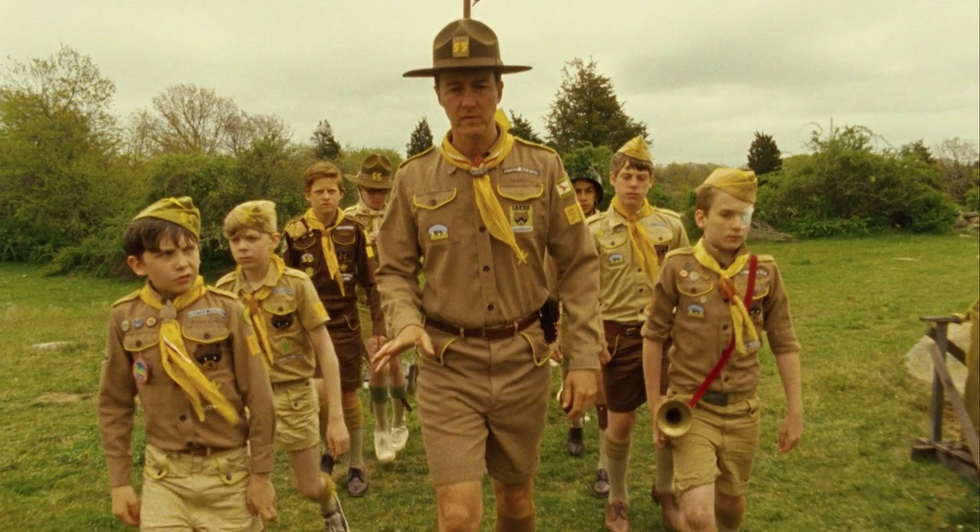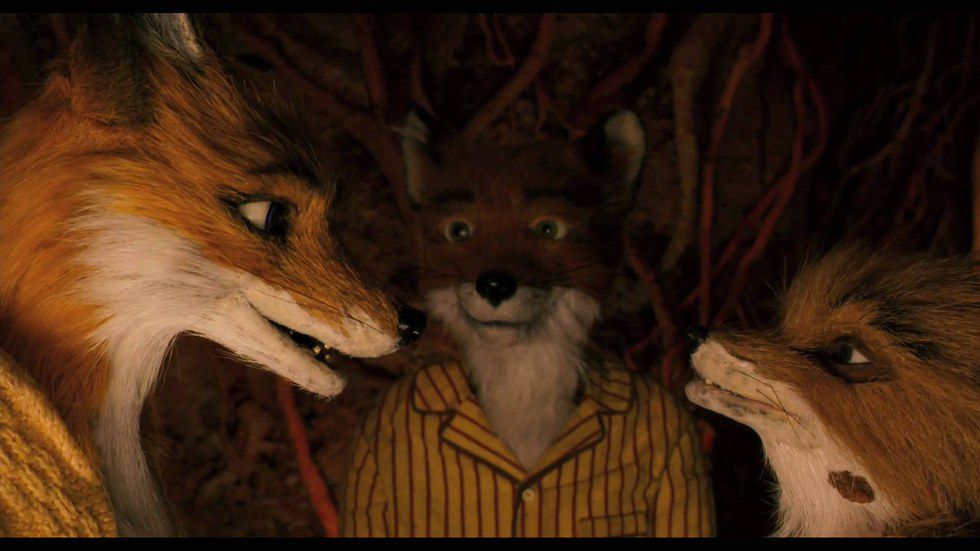Stylization is not an uncommon habit in filmmakers, particularly auteur writer-directors known for utilizing the same actors, themes, and visual elements in every product. There is one filmmaker who characterizes this above all others: the Academy Award nominated storyteller, Wes Anderson. Known for his distinct style, it’s hard to say that he’s ever made a bad movie, but here’s a ranking of each of his films in order of least to most impressive.
8. Bottle Rocket
1996’s “Bottle Rocket” is under-considered and under-appreciated. As Anderson’s first feature, it is easily his least stylized piece. Co-written with Owen Wilson, the film stars Wilson and his brother Luke making their feature film debut as Dignan and Anthony, who begin pursuing a career as thieves. Pulling off heists from a library, and even Anthony’s own mother, the movie tells a humorous story of rekindling relationships, perhaps in a less than healthy manner.
7. The Royal Tenenbaums
This film is a family dramedy which follows the Tenenbaum siblings Chas, Margot, and Richie, as they cope with their father, Royal, and one another. Chas is an overbearing single father of two, Margot is a secretive playwright, and Richie, a former tennis prodigy. All three siblings are extremely successful, but due to a complicated family history, all suffer from various emotional difficulties. This Academy Award nominated piece is one of the first of Anderson’s films to employ something of his visual style, while also remaining rooted in psychological and family-related themes.
6. Rushmore
Anderson’s second feature was the film debut of a then 17-year old Jason Schwartzman, playing eccentric student Max Fischer, in attendance at Rushmore Academy. Where Max exceeds in extracurricular activities, many of which he’s responsible for creating, he fails in academia. After his life becomes increasingly cluttered by new friend Herman, and emotions for a new teacher at Rushmore, he finds himself expelled. “Rushmore” was perhaps Anderson and Owen Wilson’s most ambitious project since the start of their careers, both enjoying hefty acclaim.
5. The Life Aquatic with Steve Zissou
Just in case “The Royal Tenenbaums” didn’t seem stylistically obscure enough, Wes Anderson went and made “The Life Aquatic With Steven Zissou”. Overflowing with dry humor, “Life Aquatic” follows Bill Murray’s eponymous oceanographer/documentarian Steve Zissou, on a quest for revenge after the “jaguar shark” which ate his partner. Accompanying him are the crew of the Belafonte, as well as financial backer Ned, and Jane, a journalist. Tension builds as Ned is convinced that Zissou is his father, while both he and Zissou pine for the affections of Jane. The film is dryer than a charred steak, and left many audience members puzzled when it revealed the antagonist shark in question— in full stop motion. The film was Anderson’s first critical and commercial disappointment, but has since been accepted as a cult classic.
4. The Darjeeling Limited
Another tale of dysfunctional familial ties, 2007’s “The Darjeeling Limited” follows three brothers (Francis, Jack, and Peter, played by Owen Wilson, Jason Schwartzman, and Adrien Brody, respectively) meeting for the first time in a year since their father’s death. Jack and Peter have reluctantly agreed to join Francis on a journey of self-discovery on a train through India, though Francis truly intends to find their absent mother. Anderson tells a story of rekindling and relational value in what is critically considered his most polarizing film.
3. Moonrise Kingdom
Easily the biggest gamble with the greatest of emotional returns, 2012’s “Moonrise Kingdom” is Anderson’s most heartfelt piece which follows the adolescent romance of Sam and Suzy, two twelve year olds living on a small island in New England. The risk lies in Anderson drawing on children discovering their emotions, handled delicately and beautifully to craft a personal tale with the director’s signature storybook feel.
2. The Grand Budapest Hotel
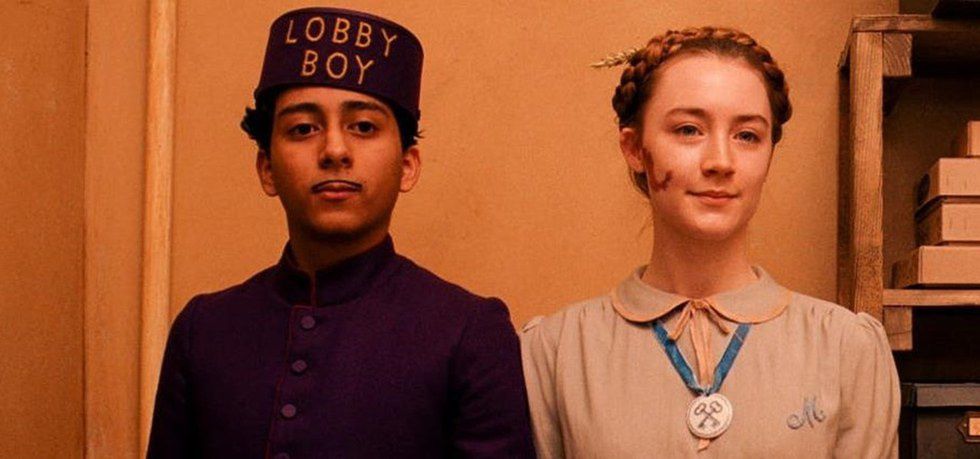
1. The Fantastic Mr. Fox
Anderson’s only attempt at animation to date is his adaptation of the classic Roald Dahl children’s book of the same name. Featuring the voice talents of George Clooney, Meryl Streep, and an ensemble of Anderson’s frequent collaborators, “Mr. Fox” was a critical and commercial triumph, eloquently discussing the usual themes of the writer-director with a stop-motion spin, and a memorable soundtrack. A movie perfect for children one to ninety two, it is easily Wes Anderson’s most beloved feature.




